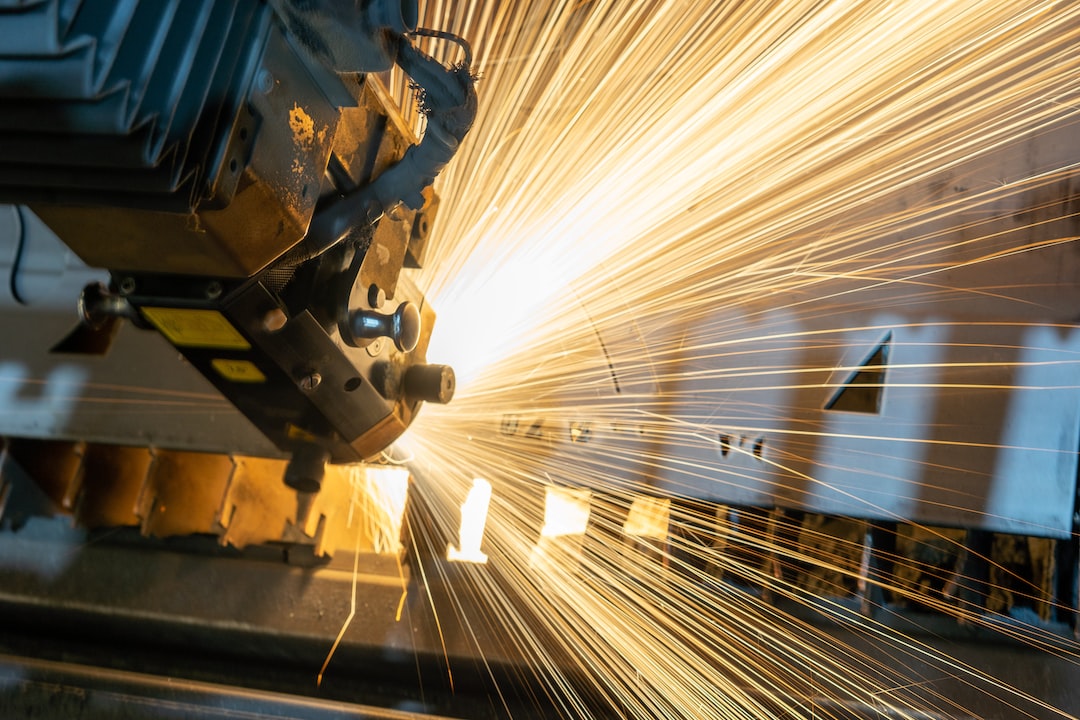The automotive industry is undergoing a significant transformation as electric vehicles (EVs) slowly but surely gain traction in the market. As countries and governments across the globe prioritize sustainability and seek to reduce greenhouse gas emissions, the demand for EVs continues to rise. With this surge in demand, automotive manufacturers are forced to adapt their manufacturing processes to keep up with the electric vehicle revolution.
Traditionally, automotive manufacturing has revolved around internal combustion engines (ICE). However, the shift towards electric vehicles requires a complete overhaul of the manufacturing process. One of the major challenges is the integration and assembly of electric drivetrains, which consist of electric motors, inverters, and batteries. These components are entirely different from what is found in traditional combustion engines, requiring manufacturers to reconfigure their production lines and invest in new equipment and training for their workforce.
The shift towards EV manufacturing also necessitates changes in the supply chain. The sourcing and production of batteries, one of the critical components of an electric vehicle, require a different set of raw materials and manufacturing processes compared to those used for internal combustion engines. This means that manufacturers must establish new partnerships with battery suppliers, invest in battery production facilities, and ensure a steady supply of raw materials like lithium and cobalt.
Additionally, the adoption of EVs poses unique challenges in terms of charging infrastructure. As more and more people turn to electric vehicles, there is a growing need for accessible and efficient charging stations. Automotive manufacturers, therefore, need to work closely with governments, utility companies, and other stakeholders to ensure the development of a reliable and widespread charging infrastructure. This collaboration involves investing in charging technology, designing vehicles with compatible charging capabilities, and educating consumers on the benefits and usage of EV charging stations.
Another aspect of adapting to the electric vehicle revolution is the incorporation of advanced safety features in EV manufacturing. Electric vehicles often come with sophisticated electronics and software systems that enable autonomous driving, collision avoidance, and enhanced vehicle connectivity. Manufacturers must invest heavily in research and development to ensure the highest safety standards are met and vehicles are equipped with cutting-edge technology. This includes conducting rigorous testing, implementing robust cybersecurity measures to protect against potential hacking, and continuously updating software to address any vulnerabilities or bugs.
Furthermore, the automotive industry must also address the issue of sustainability in EV manufacturing. While electric vehicles produce zero emissions during operation, the production of batteries and other components contributes to environmental degradation. Automakers are now striving towards making their manufacturing processes more sustainable by reducing energy consumption, implementing recycling programs to minimize material waste, and exploring greener alternatives for the production of battery materials. These efforts align with the larger sustainability goals of the EV revolution and help offset the carbon footprint associated with manufacturing.
Despite the challenges, the transition to electric vehicle manufacturing presents numerous opportunities for automotive companies. With the rising demand for EVs, manufacturers have the chance to gain a competitive edge by investing in research, innovation, and the development of new products. Electric vehicles offer a range of possibilities, including improved performance, increased efficiency, and enhanced user experience with features like regenerative braking and customizable touchscreens.
The move towards electric vehicles also opens avenues for collaboration between automotive manufacturers and technology companies. As EVs become more technologically advanced, manufacturers can benefit from partnering with technology giants who have expertise in software development, artificial intelligence, and autonomous driving. This collaboration can lead to the creation of innovative features and improved connectivity, making electric vehicles more appealing to consumers.
In conclusion, the automotive manufacturing industry is in the midst of a revolution as it adapts to the rising demand for electric vehicles. Manufacturers must reconfigure their production processes, establish new supply chains, develop charging infrastructure, incorporate advanced safety features, and prioritize sustainability. While daunting, the transformation presents immense opportunities for growth and innovation. By embracing the electric vehicle revolution, automotive manufacturers can not only meet the demands of consumers and governments but also pave the way towards a greener and more sustainable future.

